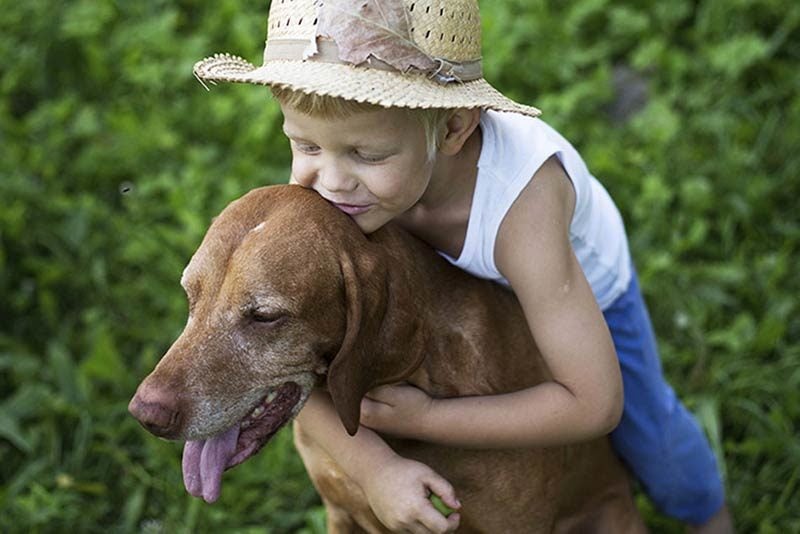
A New Diet Might Help a Senior Dog Stay Sharp
Research has shown that antioxidant supplements can spark significant improvement in elderly dogs that display signs of canine cognitive dysfunction syndrome.
Is your senior dog driving you crazy by pacing around at night, barking at thin air, house-soiling, getting lost in the yard, demanding to go in and out like a revolving door, and developing separation anxiety and noise phobias? These are signs of canine cognitive dysfunction syndrome (CDS), a sort of Alzheimer’s disease of dogs.
In one study, about a quarter of the owners of dogs aged 11 to 12 years and two-thirds of the owners of dogs aged 15 to 16 years reported at least one sign of CDS.
Drug therapy is sometimes helpful, but diet also can play a role, according to some researchers, is yes.
Dogs are a useful model for researching the relationship between diet and Alzheimer’s disease because they age faster than humans and experience similar brain changes with age as those seen in humans.
Researchers found that adding nutrients that reduce the amount of oxidants produced (mitochondrial cofactors such as alpha-lipoic acid and L-carnitine) and nutrients that help clear oxidants already produced (antioxidants such as vitamins E and C) will decrease the overall level of oxidants and of oxidative damage to the brain.
In one study, researchers tested pet dogs over the age of 7, randomly assigning them either plain senior dog food or senior food supplemented with antioxidants. After 30 days, owners of dogs fed the supplemented food reported improvements in four categories of undesirable behavior associated with aging. After 60 days, they reported improvements in 13 of 15 target behaviors, as opposed to owners of dogs not supplemented, who reported improvements in only 4 of 15 behaviors.
The researchers also examined laboratory dogs, including 48 Beagles aged 10 to 13, dividing them into supplemented and not supplemented groups. In this case, the supplemented food contained antioxidants, mitochondrial cofactors, and dried fruits and vegetables. The dogs were tested on a series of cognitive tasks afterward. Old dogs made more errors than young ones, but the old dogs fed the supplemented food did significantly better than the old dogs fed the plain food, especially on the more difficult tasks and when learning totally new tasks.

